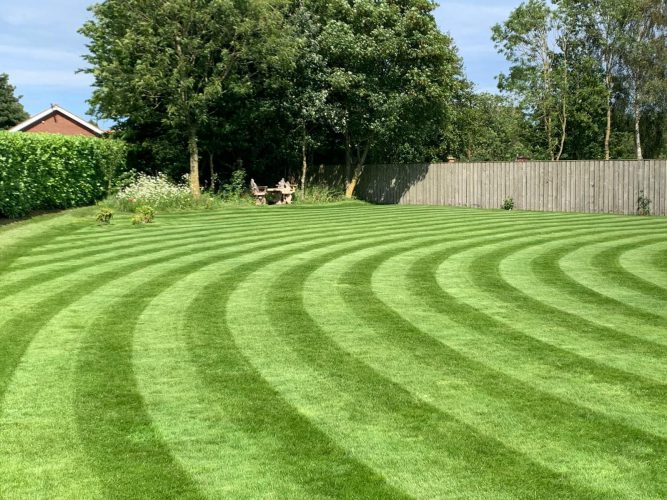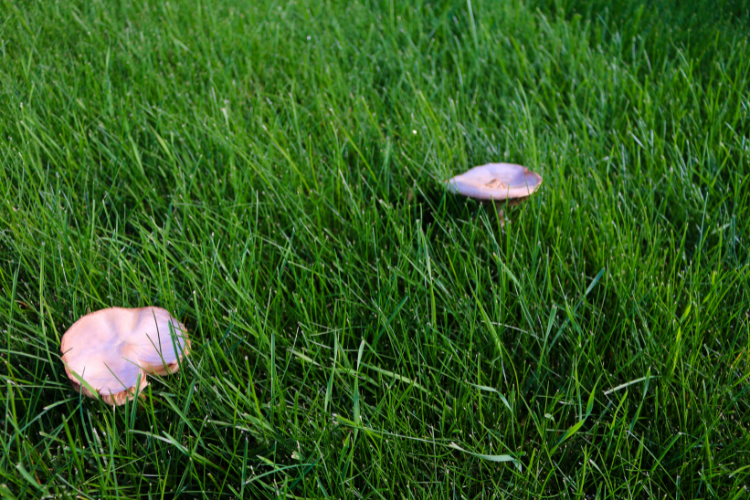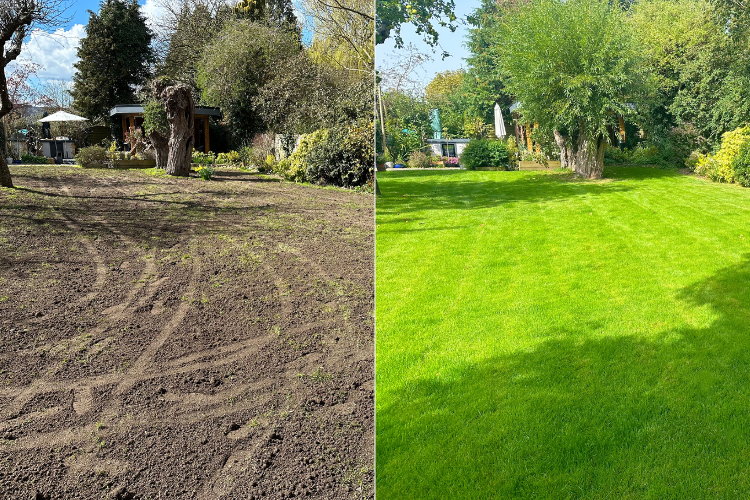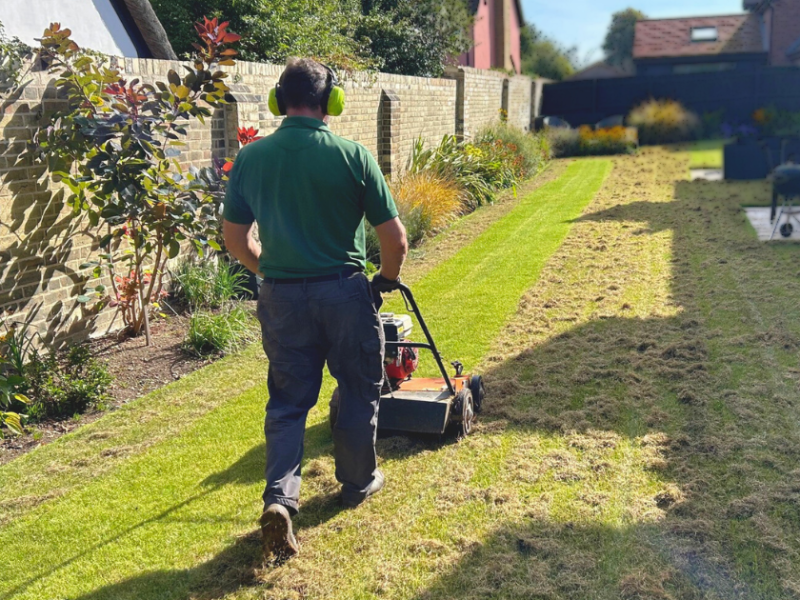With lockdown seeing us cooped up inside for the best part of 12 months, it was in our gardens that many of us found solace. While we couldn’t go outside more than once a day to exercise, there was nothing to stop us from escaping to the little oasis behind our home as much as we wanted.
But it seems that even when there isn’t a national lockdown in force, spending more time in the garden could go a long way to help us improve our mental health. A huge amount of research suggests various ways that the garden can help us to keep our minds, as well as our bodies, in shape.
Stress reduction

A survey from The Mental Health Foundation reported that 74% of adults in the UK felt so stressed, at least once, in the last 12 months they believed they were unable to cope. Stress is associated with both worsening existing, and increasing the risk, of numerous mental and physical illnesses. But there is research that shows spending time in the garden could be the perfect stress buster.
Dr Ulrika A. Stigsdotter, a professor of landscape architecture at the Swedish University of Agricultural Sciences who specialises in health design, ran a study that found that workplaces with easily accessible garden space reduced employee stress considerably, while Rachel Kaplan, a researcher at the University of Michigan in environmental psychology, found that even staring at greenspace from a window can aid our mental health and reduce stress.
Mowing the lawn

While most of us would agree staring out at a neatly mown lawn is very satisfying, a study has suggested that getting outside to actually do the mowing can aid our mental health too.
Dr Nick Lavidis of the University of Queensland found that the scent of a freshly mown lawn – ‘Eau De Grass’, as he calls it – makes people happier and less stressed. Dr Lavidis even went so far as to invent ‘Serenascent’, an aroma spray that mimics the scent of cut grass to help people relax.
But in our opinion why pay just for the scent of a freshly mown lawn, when you can have a freshly mown lawn?
Exercise helps our mind

We’ve all been told to go for a walk when we’re having a bad day, but this is far more than an old wives’ tale. The Mental Health foundation again reports that participation in frequent physical activity reduces stress, prevents the development of mental health problems, and improves the quality of life of those experiencing mental health issues. But did you know that the NHS lists gardening as a form of exercise?
On their ‘Get Active Your Way’ page the NHS says, “Heavy gardening – including pushing, bending, squatting, carrying, digging and shovelling – can provide a good workout.” This is especially true for people aged 65 and over.
Growing vegetables provides more than just tasty food

If you took up growing vegetables for the first-time last year, then you’re in good company. The Guardian reports that the Royal Horticultural Society experienced hundreds of thousands more people looking at growing advice for vegetables in 2020, when compared to previous years. While it’s true that growing your own veg is hugely gratifying, and the associated increase of greens in your diet is good for your body’s health, it’s also actually proven to be good for the mind too.
A 2020 research paper by Głąbska, Dominika et al entitled ‘Fruit and Vegetable Intake and Mental Health in Adults: A Systematic Review’ found that increasing our consumption of fruit and veg also had a positive effect on our mental health. Whereas a UK study by Hawkins et al found allotment gardening to be one of the best exercises to reduce the perception of stress.
Gardening brings us together

Finally, it’s not just physiological factors that allow our gardens to improve our mental health, there are also the sociological effects too. Whether it’s digging the vegetable patch with your partner or getting the kids to help weed the flower beds, gardening brings us together and that too improves the way we feel.
In ‘Cultivating wellbeing and mental health through gardening’ the authors state that: “Engagement in gardening activities… has shown to promote social relationships, family connection, emotional and mental wellbeing, moderate stress, reduce depression and anxiety”.
So, if ever you needed more reason to rope the whole household into those more laborious garden chores, there’s some actual evidence – many hands make light work after all.
Does your garden help you find peace of mind?
If you found comfort in your garden over the coronavirus pandemic or just in general, please get in touch we’d love to hear your story.





